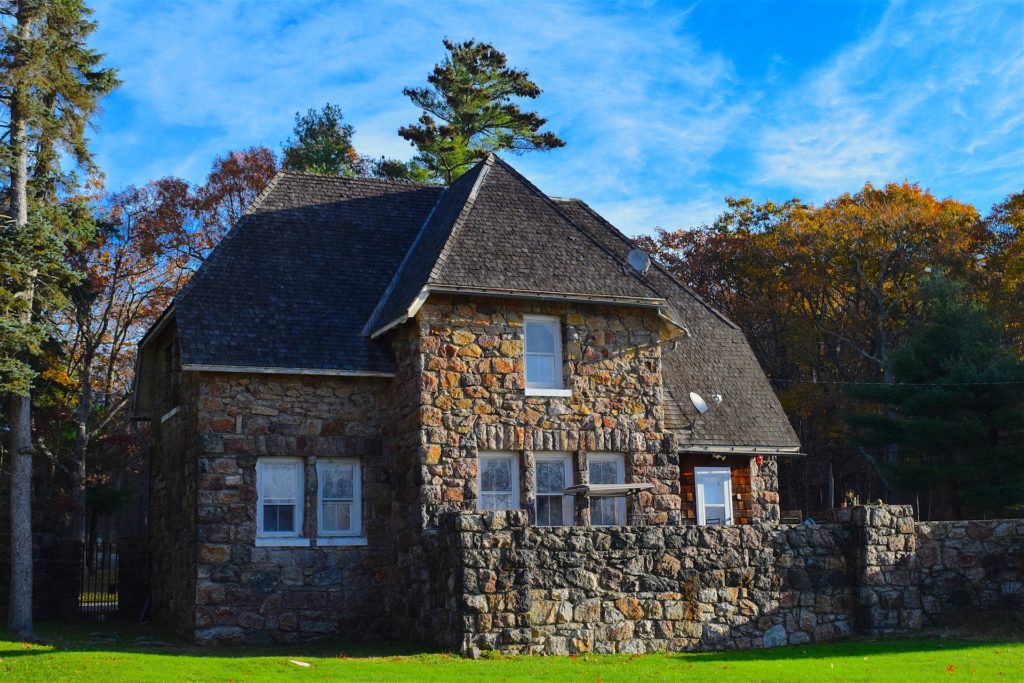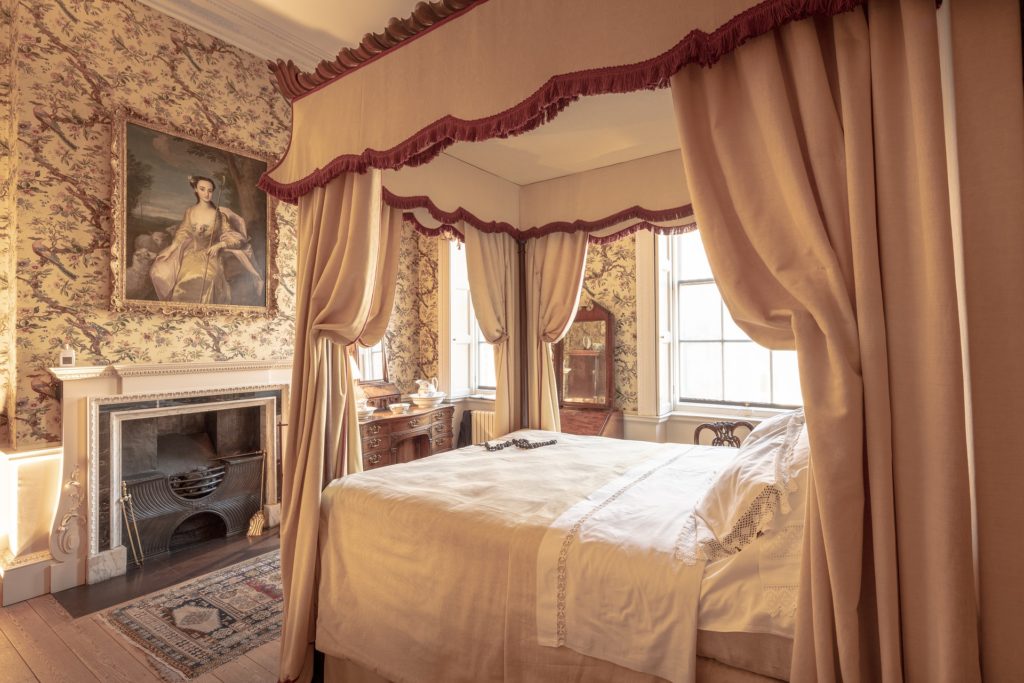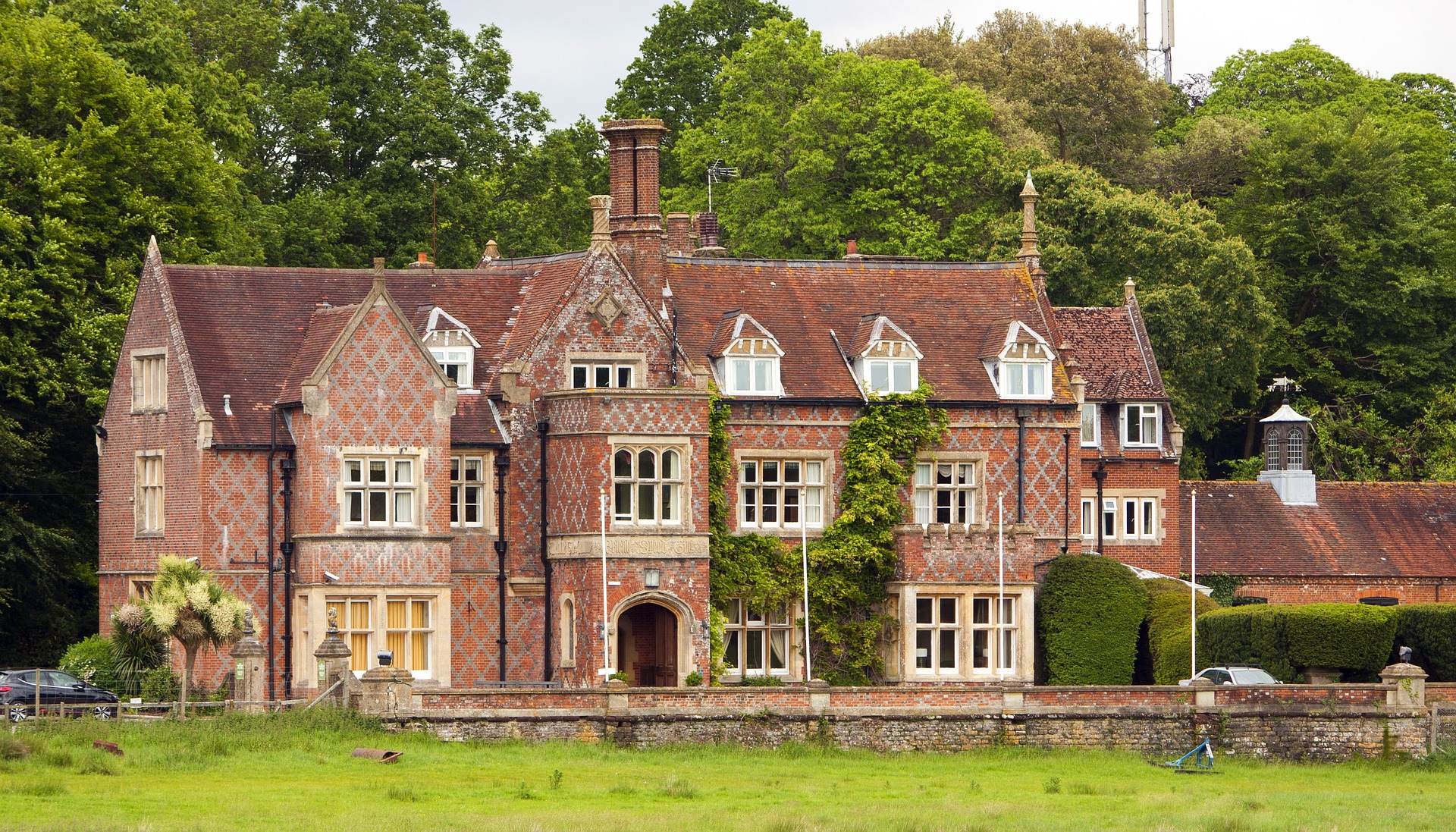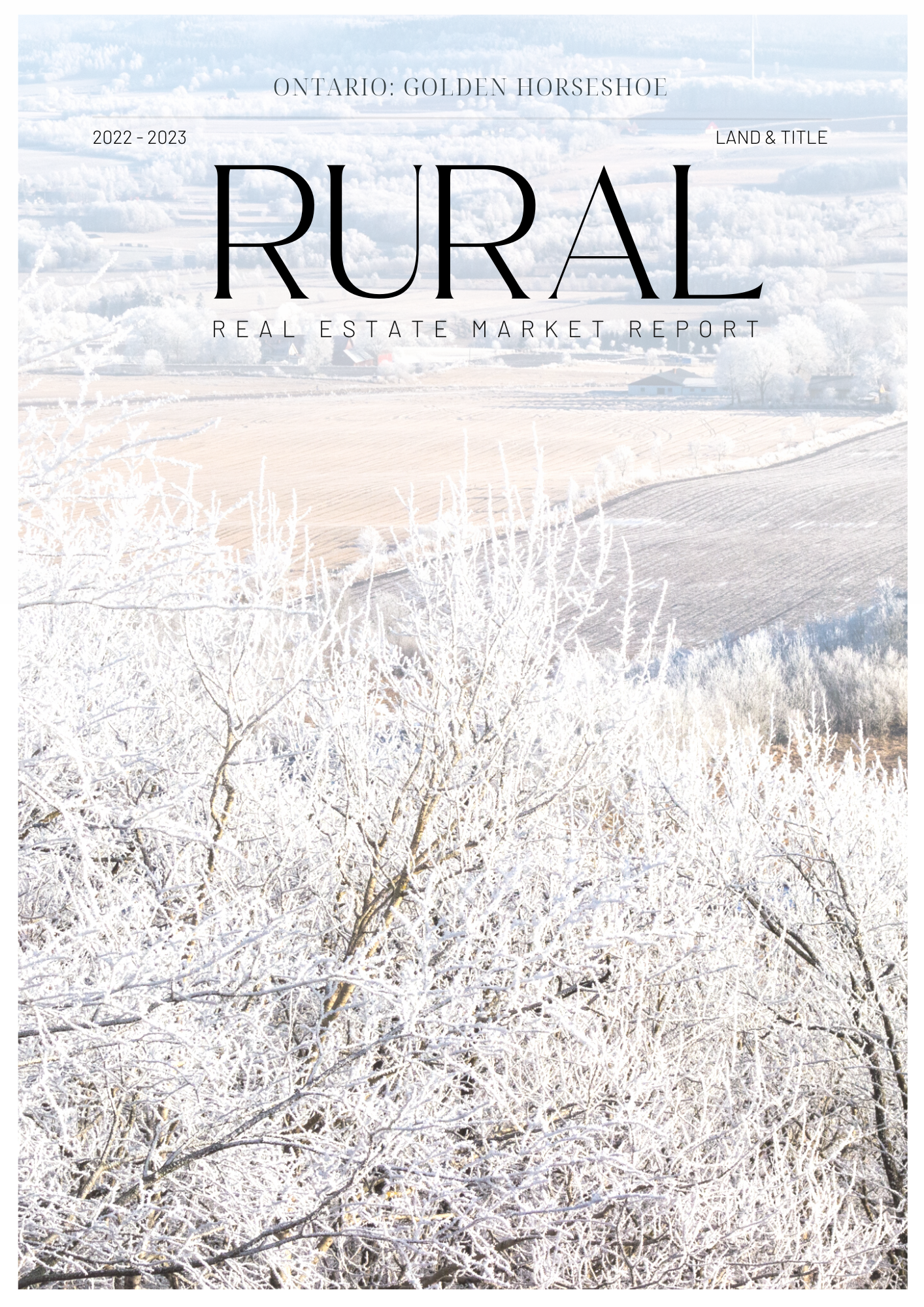Here are the 6 most common mistakes people make when they decide to buy and restore old century homes and farmhouses.
They Don’t Have A Serious Plan of Action
Often times people get swept away by the romance of living in an old home. I don’t blame them. Gorgeous trim, unique character and rooms with stories to tell.
But this is why restoring older homes fall apart. The logic is missing.
One needs to have a solid plan in place.
Your first step is to put together a team of architects, contractors, realtors, home inspectors and mortgage brokers who understand your vision for the property.
From there they can help you come up with timelines, budgets, financing options and so forth.

They Don’t Think Of The Purchase as an Investment
I know we talk about this a lot here at Land & Title but it is only because it is very important.
Sure, the property needs to make sense for you now. But it also needs to make sense for the future. Be it your first house or your forever home, thinking of the home from an investment perspective is the right thing to do.
The investment plan will, of course, depend on your plans. There will be different nuances and caveats to your investment plan depending on how long you plan to hold the property.
But here are some ways to think of the investment that can apply to everyone:
- Pick a property in a great location on a great lot. One that will appreciate.
- Don’t bite off more than you can chew. By that I mean make sure you can completely afford this restoration project. It would be a disaster to spend money on buying the home, renovating half of it, only to run out of funds and have to get rid of it at whatever someone else is willing to pay.
- If your renovations are too unique, resale options will be limited. For example: Renovating an old church. As beautiful as they can be, if your hope is to turn around and sell the property down the road this may be a bit too unique for most home buyers.
- Think about both the current and future opportunities for the property that either you or the next buyer can take advantage of and see value in. This can be anything from the property zoning to property size.

They Don’t Get The Property Inspected
Some old country homes currently on the market are being sold “as is, where is”. But this doesn’t mean you can’t do your due diligence and get a home inspector in there. It just means that if you choose to buy this home, don’t circle back to the Sellers when you find out there is water damage in the basement or rotting beams in the attic.
So doing an inspection is a must. Know exactly what you are getting yourself into.
An inspector experienced in structural engineering and older homes is key.
They Don’t Get Quotes BEFORE They Buy The House
During your homes inspection, bring in as many tradespeople as you can. The more quotes you have the closer you can get to an accurate estimate on restorations and renovations.
I once had a client stagger 10 different tradespeople into a home to get quotes during an inspection on an older home. We were there for 5 hours. The current owners were not pleased, especially when they did not firm up on the house. Once they knew the costs of repairs it was more than they could handle on this particular project.
They Don’t Have A Back Up Budget
Once you start pulling a home back to its seams, you start to unravel surprises. Unpleasant surprises.
Once these start to pop up, your original budget will start to stretch. When people don’t have a backup or ability to cover these issues, they run into trouble.
Have a budget, and have a backup budget to your budget. As the old saying goes – “It is better to have it and not need it than to need it and not have it”.
Being handy here may come in… handy. If you can do some of the work yourself, be it painting or flooring (or something more experienced) you’ll save money. Not time but money.
They Are Not Passionate About Older Homes
If you are only buying an older home that needs work because the list price is lower than the next best comparable. Or because you think you can get a great deal – I would advise not doing it.
Even if you complete the renovations without issue, the home will still have quirks and squeaks that may annoy you. A foundation that probably lets in water from time to time, unlevel floors and drafty rooms.
But if you adore the old style architecture, the character of the home and don’t mind the old quirks you should be fine.

Read up as much as possible on living in older homes. Speak to real estate agents and architects and try to understand fully what you are getting yourself into.
This project has to be close to your heart. It could be a family home, a home for you and a loved one to enjoy or you could be putting your heart and soul into the renovations to sell the home onto a family. Whatever the case may be, loving older homes is a must.






